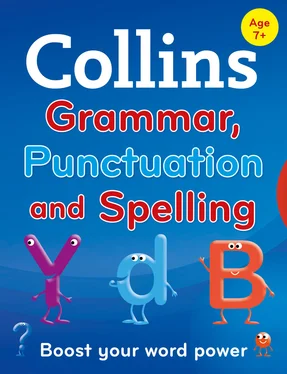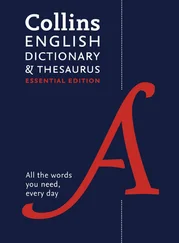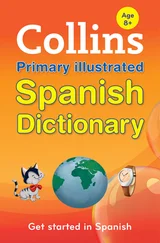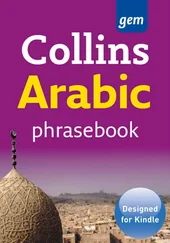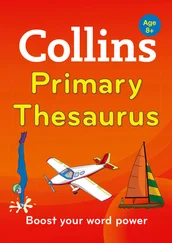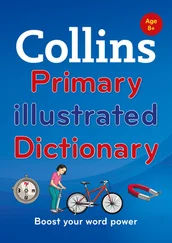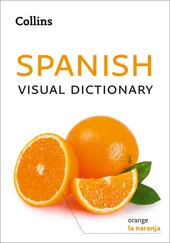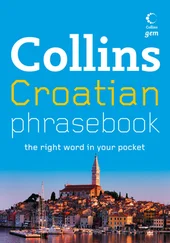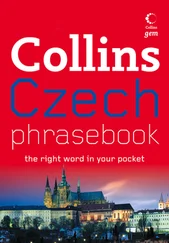• how much or how many:
• the exact number:
one melon
the two brothers
fifty roses
ten thousand years
• how something is shared out:
Every child got a prize.
Each runner is given a number.
Either team could win on the day.
Neither side is playing well at the moment.
Verbs
A verb is a word that tells you about an action.
Emily plays the guitar.
The children ran across the field.
We always listen to the radio in the car.
Andrew is a Scout.
Tense
The tense of a verb tells us when the action takes place.
Present tense
If the action is happening now, you use the present tense. There are two types of present tense you can use:
Simple present tense: For this you use the verb as it is, or add an ‑s at the end:
I like broccoli.
You love peas.
Max hates carrots.
We enjoy swimming.
Martin and Kate play the piano.
Progressive present tense: This is also known as the continuous present tense. For this you add the ending ‑ing to the verb and put a form of the verb be in front of it:
I am doing my homework.
You are annoying me.
Lara is painting a picture.
Past tense
If the action has already happened, you use the past tense. There are four types of past tense you can use:
Simple past tense: For most verbs, you add ‑ed to the end to make the simple past tense. You add ‑d if the verb already ends in e:
The children screamed when the lights went out.
The dog barked at the postman.
I scrambled over the wall.
Progressive past tense: This is also known as the continuous past tense. You add ‑ing to the verb and put it after was or were. You use this to talk about something that was still happening at a certain point in the past or when something else happened:
That was the summer when Jack and I were learning to ride.
Richard was cooking dinner when the fire alarm went off.
Present perfect tense: For this you use has or have with the simple past tense of the verb. You use the present perfect tense to show that an action has been completed:
Abby has finished her project on Japan.
I have baked a cake for the birthday party.
Past perfect tense: For this you use had with the simple past tense of the verb. You use this to show that something had been completed when something else happened:
Matthew had finished his lunch before the others had even started.
I had packed my suitcase when the taxi arrived.
Future tense
If the action has still to happen, you use the future tense. You do this by using will or shall and then the verb:
I will be there on time.
He says he will phone later today.
We shall see if that’s true.
Auxiliary verbs
There are three auxiliary verbs: be, have and do. These are used with other verbs to make different tenses.
I was washing my hair.
The chicken had crossed the road.
I did tidy my room eventually.
Be, have and do are irregular verbs, which means that they do not follow the usual rules for making verb forms.
Be
I am happy.
You are sad.
She is tired.
We are excited.
They are late.
I was worried.
You were angry.
He was scared.
We were jealous.
They were sleepy.
He is being silly.
We have been ready for an hour.
Have
I have a cat.
You have a dog.
She has a rabbit.
We have a parrot.
They have no pets.
I had an apple.
You had an orange.
He had a pear.
We had some grapes.
They had strawberries.
Mary is having a baby.
We have had no sleep for two days.
Do
I do not like her.
You do not like him.
She does not like me.
We do not like them.
They do not like us.
I did like him.
You did like her.
She did like you.
We did like them.
They did like him.
The boys are doing their homework in their rooms.
I have done what you told me.
Modal verbs
The modal verbs are can, could, may, might, must, shall, should, will, would and ought. They are used with other verbs to add certain meanings like possibility, doubt or having to do something. Unlike all other verbs, they do not change their spellings:
I can ride a bike.
Olivia can speak Italian.
My friends can all come to my party.
I could be late so don’t wait for me.
You may be right.
I might go to the library after school.
You must listen to the teacher.
Shall we take the dog for a walk?
You should clean your teeth at least twice a day.
Will you hang your jacket up?
I would love a cup of tea.
We ought to leave now.
Phrases
A phrase is a group of words which go together.
a busy street
the family pet
very good at tennis
Although a phrase makes sense, it is not a full sentence and needs more words to make it complete.
We live on a busy street.
The family pet is a tortoise called Bob.
My sister is very good at tennis.
Noun phrases
A noun phrase contains at least one noun.
a tall girl
an extremely tall girl
an extremely tall girl with piercing blue eyes
Adjective phrases
An adjective phrase contains at least one adjective.
a brown bear
a big brown bear
a big scary brown bear
Verb phrases
A verb phrase contains an auxiliary verb and sometimes an adverb.
I am enjoying the summer holiday.
He had been learning to play the piano.
She is always complaining about her teachers.
Adverb phrases
An adverb phrase tells you something about the verb. It can contain an adverb but it does not have to.
Katie tiptoed very quietly across the room.
The man shouted ‘Fire!’ as loudly as possible.
In the morning, the sky was clear.
Preposition phrases
A preposition phrase contains a preposition and the noun that follows it.
She shut the dogs in the kitchen.
A plastic bag full of money was lying by the side of the road.
At the back of the class, some of the boys were laughing and telling jokes.
Clauses
A clause is a group of words which contain a verb. There are two types of clauses.
Main clauses
A main clause is the heart of a sentence. It would make sense if it stood on its own. Every sentence has a main clause:
Matthew ate a cake which was covered in chocolate.
After looking carefully in both directions, Ali crossed the road.
Subordinate clauses
A subordinate clause is less important than the main clause. It would not make sense if it stood on its own because it is not a full sentence. It gives more information about the main clause:
When he had looked carefully in both directions, Ali crossed the road.
Matthew enjoyed the cake because it was covered in chocolate.
Subordinate clauses often start with when, if, because or that.
Relative clauses
A relative clause is a type of subordinate clause. It begins with a relative pronoun: who, whom, whose, which or that.
Robbie has a cat who likes fish.
David has one brother, whose name is Peter.
Our teacher is off sick today, which is unusual for her.
Читать дальше
